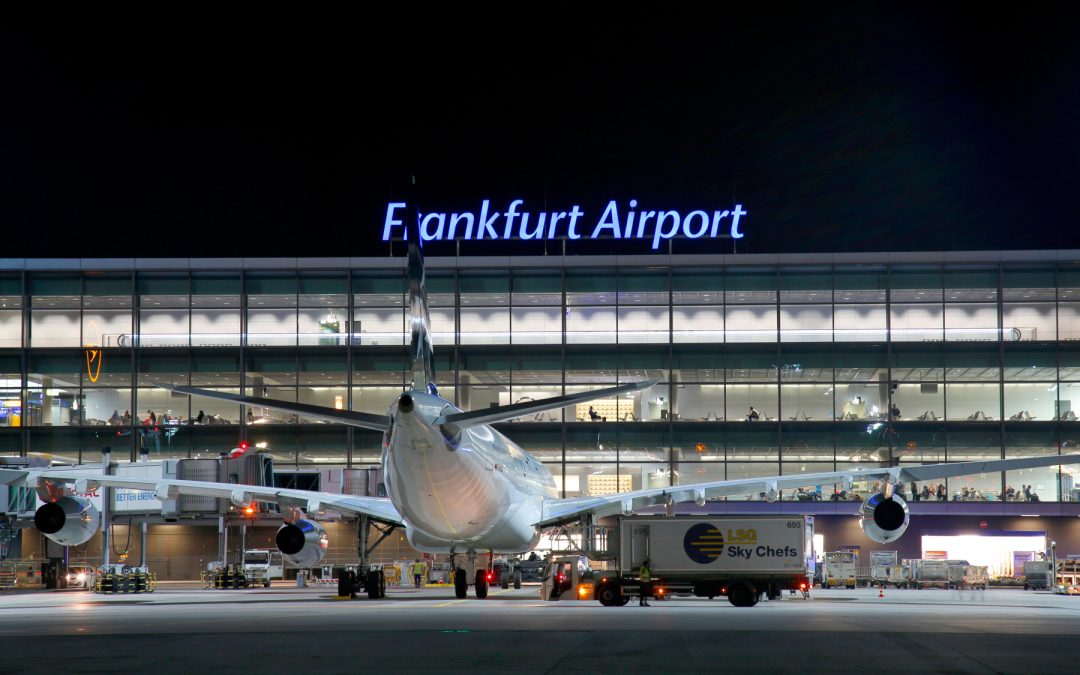Actions by global airports to combat the spread of the Covid-19 coronavirus will have a massive impact on concessions and could portend how North American will handle the deepening crisis.
On Sunday, Aeroports de Paris announced that all non-essential shops at Paris-Charles de Gaulle and Paris Orly Airports are closed until further notice. Relay shops, mini-markets, pharmacies and take-away food-only stores will remain open. Orly’s Terminal 2 will close temporarily beginning March 17.
Meantime, German airport operator Fraport AG is bracing for some grim months, with an impact possibly more severe than that of the September 11, 2001 terrorist attacks, chief executive Stefan Schulte told the Financial Times.
“We have never had a decline this intense, and for such a long period of time,” Schulte told the newspaper. He said Fraport is expecting a drop in passenger numbers of up to 60 percent over the next month.
In announcing its 2019 annual results on Friday, Shulte said the aviation industry is in “severe crisis.”
“At this stage, it is not yet possible to foresee when the crisis will end,” he said in a statement, adding “Even before the coronavirus outbreak, our company was navigating in a more difficult market environment.” He pointed to global economic slowdown, greater geopolitical uncertainties, consolidation of flight offerings and other factors impacting the business.
In Italy, Aeroporti di Roma has implemented a plan to downsize operations at Rome–Fiumicino International Airport “Leonardo da Vinci” (FCO) and Rome—Ciampino International Airport “G. B. Pastine” (CIA). “The decision has become necessary due to the multiple flight cancellations to and from Italy announced by many airlines that normally operate at both Rome airports,” the company said.
Beginning Tuesday, March 17, Terminal 1 at FCO will be closed, with operations moving to the airport’s Terminal 3. On Saturday, the passenger terminal at CIA, the secondary international airport of Rome, closed indefinitely.
The impact of these actions on concessions is expected to be severe and it’s unclear how quickly the industry will rebound. Hudson parent company Dufry, in announcing its 2019 results late last week, forecast a relatively short timeframe for recovery.
In a call with analysts, Dufry chief executive Julian Diaz predicted recovery as quickly as the second half of the year.
“March is going to be a very difficult month,” he said. “Double-digit negative growth in March is for sure. In April we also think it will be negative but…in May and June it will slowly increase” with recovery underway in the second half of the year.
Explaining the rationale, he said: “In an economic crisis — and this is an economic crisis — there is always significant deterioration in the first two months. After, that you see an improvement during the third of fourth month.”






